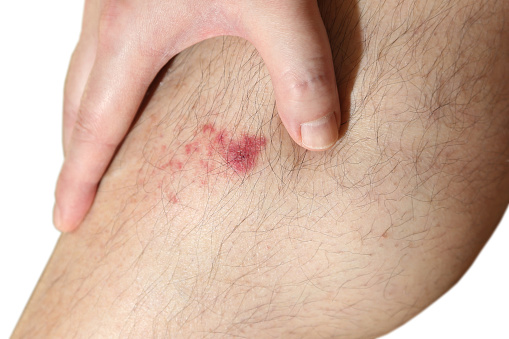 A new study reveals how a small molecule that regulates gene expression, miR-132, can play a key role in assisting chronic wounds through the healing stages.
A new study reveals how a small molecule that regulates gene expression, miR-132, can play a key role in assisting chronic wounds through the healing stages.
Chronic wounds affect up to one percent of people living in developed countries. There are currently only a few select treatments available for when wound healing goes wrong. These treatments focus on clearing wound infections; although the study’s researchers note the need for treatments that target the healing process itself.
The study, published in the Journal of Clinical Investigation and conducted by a team of researchers led by Karolinska Institutet, focuses on two stages of wound healing: the inflammatory stage and the proliferative. Throughout the inflammatory stage, cells clear away damaged and dead cells along with bacteria. The proliferative stage sees skin cells multiplying to grow new tissue and replace dead tissue.
Results from the inflammatory stage saw miR-132 allow fewer immune cells to move to the wound; while an miR-132 deficiency caused more immune cells to move to the wound and increase inflammation.
The results from the proliferative stage saw miR-132 promote keratinocyte growth—a growth factor present in the wound healing process. A lack of miR-132 diminished cell growth and slowed-down the wound-healing process.
The study’s researchers concluded that miR-132 is beneficial during the transition from the inflammatory stage to the proliferative stage, and acts as an important regulator for skin-wound healing.
Source for Today’s Article:
Paddock, C., “Targeting gene-control molecule may heal chronic wounds,” Medical News Today web site, July 6, 2015; http://www.medicalnewstoday.com/articles/296336.php.
